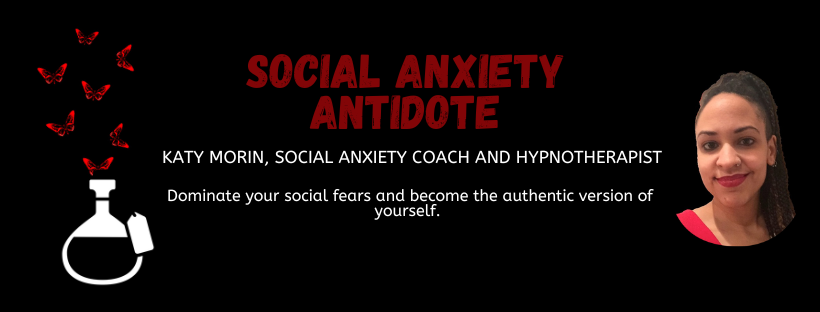Out of control and uncomfortable feelings are a sign of social anxiety. The very real - and some imagined - physical and mental manifestations can be debilitating. It may be obvious to you when and where a social situation is too much, or feelings might come out of nowhere, blindsiding you.
One of the keys to managing social anxiety is symptom awareness. Discovering the triggers for anxiety can delay or prevent it from happening. Learning how to assess yourself and make small changes can reduce the frequency and intensity of your anxiety.
Here are some important tips to discover what factors make you anxious and what are your triggers.
1. Pay Attention
There is likely a pattern to your anxiety. Leading up to and during your next social engagement, pay attention to what's going on. When you do begin to feel anxious? Is it a sound, smell, or other sense that triggers a reaction? When your hallmark symptoms begin, what is happening? The more you pay attention to what precedes your anxiety, the easier it is to make a plan to circumvent it.
2. Ask for Help
Those closest to you likely know you pretty well. They may have already seen a pattern or know a trigger that sets you off. Ask those closest to you to share their thoughts and see if you agree or have an aha moment of insight.
3. Experiment
Do you have the same reaction no matter what the social situation? Do you find it easier to be social in certain situations? Experiment with your social engagement and take note of how you feel and what might trigger any feelings.
4. Make a Plan
Once you have a handle on one or more of the triggers that make being social painful, practice a remedy that doesn't include running away. Sure, it may make sense to remove yourself from a situation if it's too much, but many times you can modify your situation to make it bearable and maybe even enjoyable.
Some ideas include:
Being social when you have the most energy- If you're a morning person, avoid meetings or being in public later in the day. Schedule as many things earlier in the day or set aside time to rest prior to an afternoon or evening social event.
Be aware of personalities- If you have a hard time being around domineering people or loud and boisterous people, limit your exposure to these sorts of people.
Use the buddy system- Try to have a friend with you who can support you or help you calm down if things get out of hand. Having someone there can help defuse the anxiety and distract you from being triggered.
Learning what triggers your anxiety can help you manage it and reduce the frequency and intensity of your symptoms. Being self-aware and having a plan are two ways to get ahead of your anxiety and reduce its impact on your life.
Ready to conquer your social anxiety once and for all? Join my “Slay Social Anxiety” program and take the first step towards a more confident and fulfilling social life. Don’t let anxiety hold you back any longer — start your journey to self-assuredness today!
Ready to conquer your social anxiety once and for all? Join my “Slay Social Anxiety” program and take the first step towards a more confident and fulfilling social life. Don’t let anxiety hold you back any longer — start your journey to self-assuredness today!

